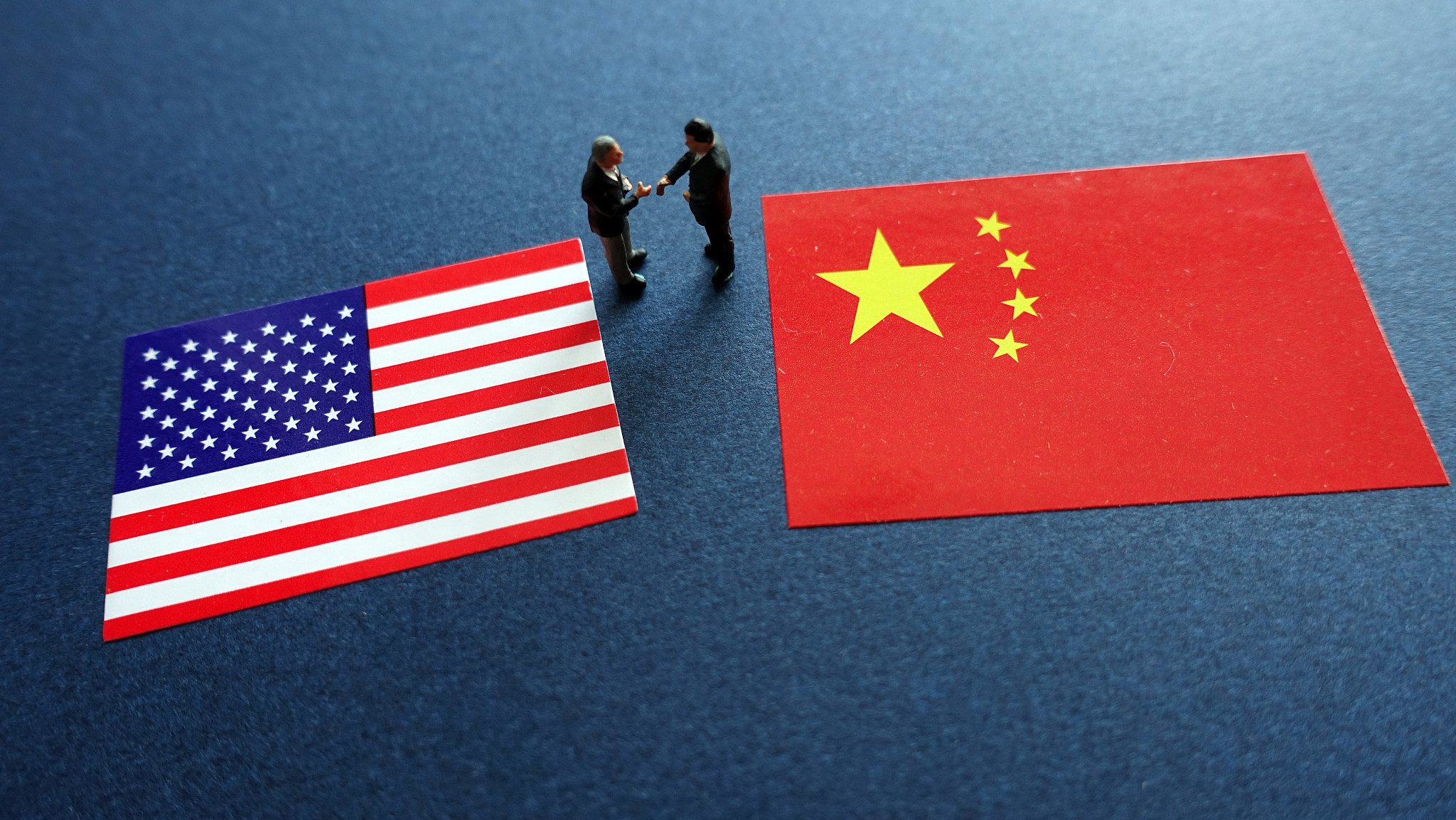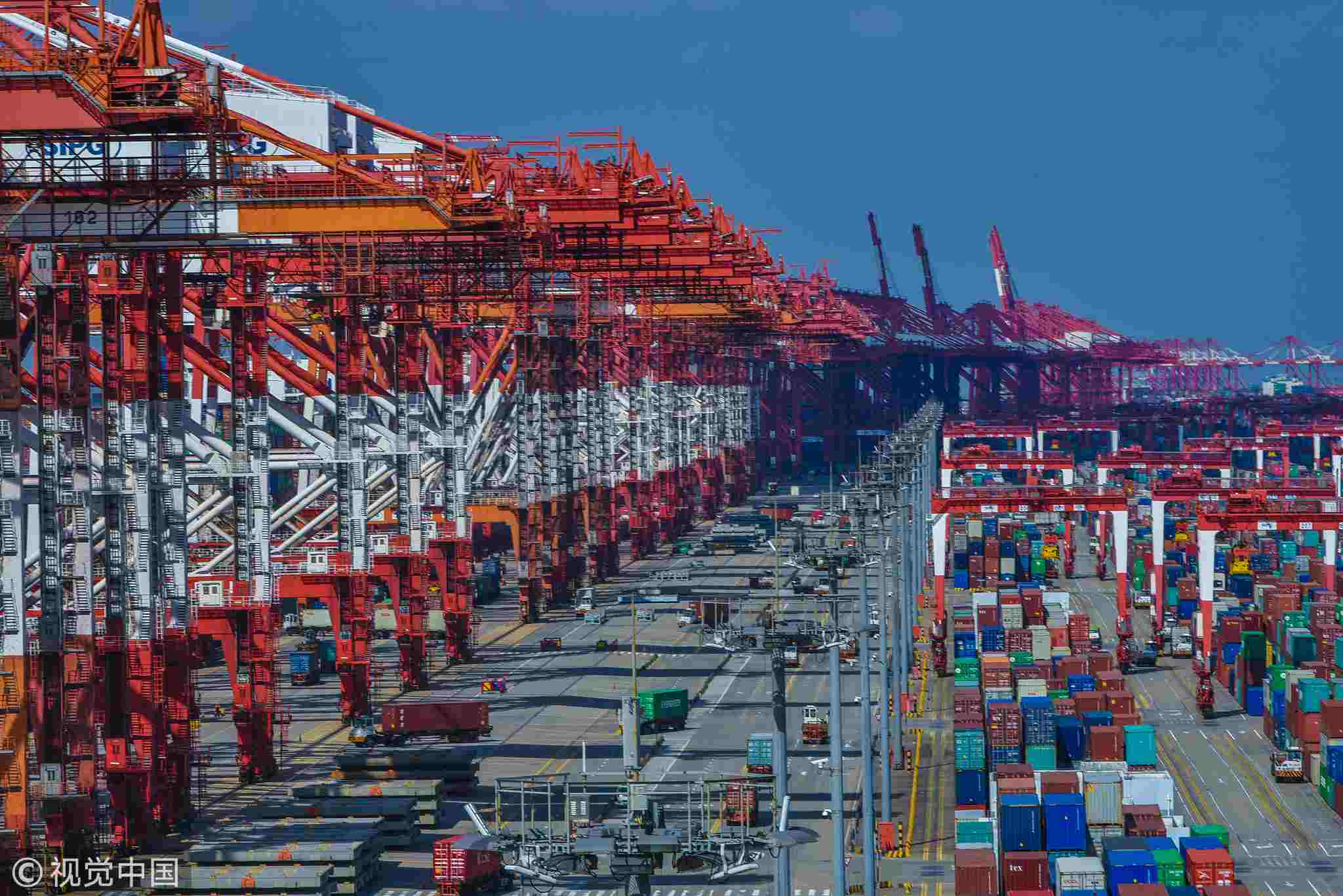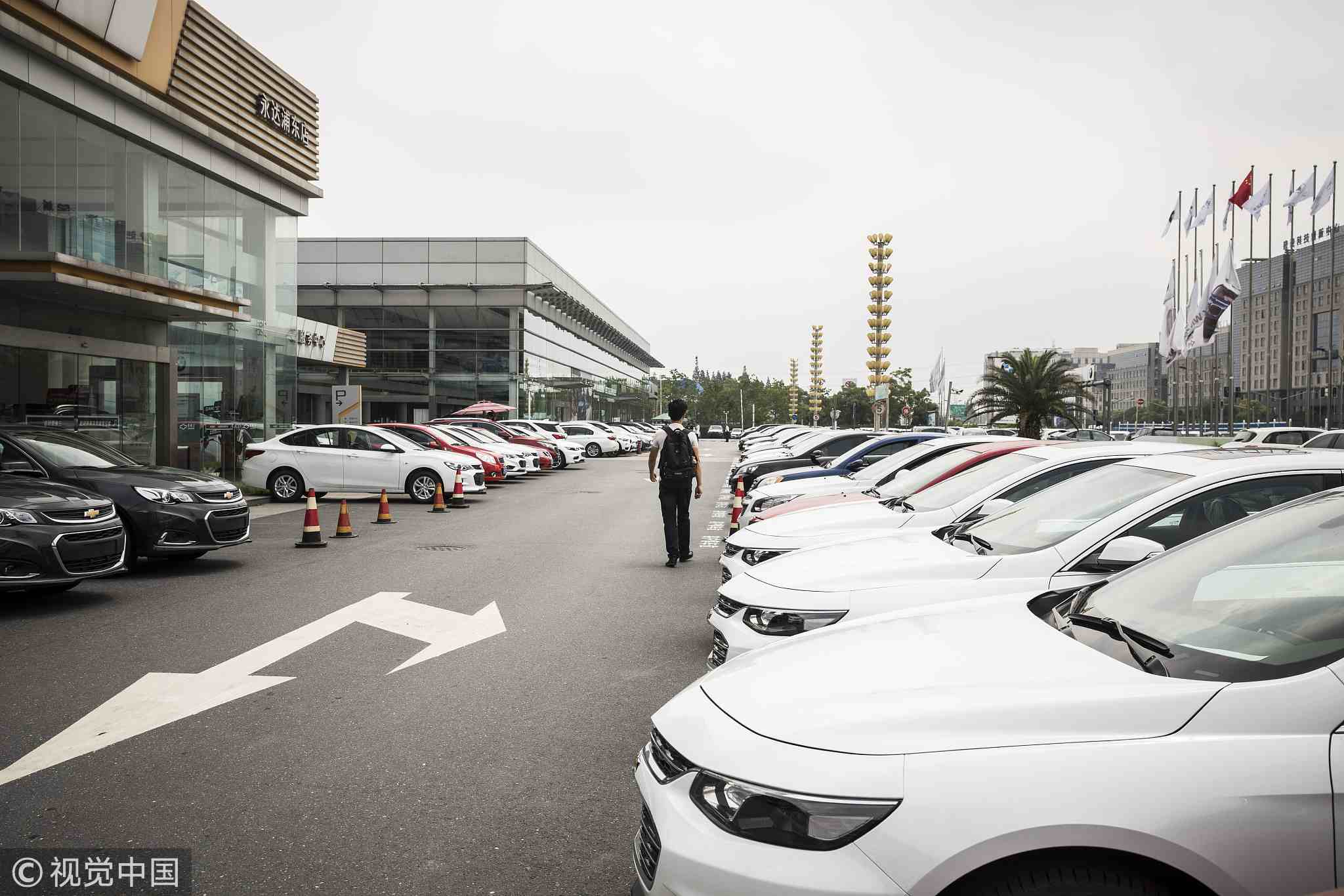
Opinions
12:32, 03-Dec-2018
China's core interests preserved in trade consensus with U.S.
Updated
11:39, 06-Dec-2018

Editor's Note: The editorial piece was translated from an article first published by the Economic Daily on December 2, 2018.
On December 1, during the meeting between the heads of state of China and the United States in Buenos Aires, a consensus was reached on China-US economic and trade issues. Both sides decided to put aside restrictive trade measures such as tariffs. This consensus is in line with the common interests of China and the United States and even the whole world, and points the direction for China-US economic and trade relations.
The outside world was full of expectations for the meeting between the heads of state of China and the United States, hoping to see an ease in tensions in China-US economic and trade frictions. Meanwhile, there was a concern: Will China's pace of development be disrupted by China-US economic and trade frictions?
Judging from the consensus reached, the concern is overblown. China held ground in not trading core interests and showed its efforts and sincerity in promoting the healthy and stable development of China-US relations and expanding bilateral economic and trade cooperation. The consensus also reflects China's unswerving commitment to its own goals at “China pace.”

Shanghai Yangshan Deep Water Port. /VCG Photo
Shanghai Yangshan Deep Water Port. /VCG Photo
First of all, the two sides decided to stop escalating the tariff tit-for-tat and other trade restrictions and immediately address the issues of mutual concern in the spirit of mutual respect, equality and mutual benefit. This decision is consistent with the principle proposed by China to address differences through negotiations and consultations. Only when the U.S. no longer brandishes the tariff baton can the two sides sit down and talk.
At the same time, the U.S. side says it will actively resolve the economic and trade concerns held by China. Considering the contents of the consensus, China has delivered on the promise of safeguarding its core interests.
Secondly, the consensus reflects China's efforts and sincerity in promoting China-U.S. economic and trade cooperation. The consensus has it that some economic and trade issues of concern to the United States will be resolved. In responding to U.S. concerns, China has shown responsibility not only for the well-being of the Chinese and American people but also for the multilateral trade system and global free trade and is also responsible for the steady growth of the global economy.

Chevrolet (GM) vehicles parked outside a car dealership in Shanghai, China, on Sunday, July 8, 2018. /VCG Photo
Chevrolet (GM) vehicles parked outside a car dealership in Shanghai, China, on Sunday, July 8, 2018. /VCG Photo
In addition, the consensus shows that China is following its own pace despite the uproar stirred up by America. The world has always had doubts about China's expansion of imports from the United States, believing it was “a decision made under the pressure of the United States.” This view is biased. The consensus also makes it clear that the “China pace” does not change due to changing external conditions and will not be wrong-footed by any external pressure.
Therefore, China and the United States should firmly grasp the important opportunity, earnestly implement the important consensus reached by the two heads of state, maintain close communication, properly settle differences and expand cooperation in the spirit of mutual respect, equality and mutual benefit, and strive to achieve more positive results by meeting each other in the middle and put bilateral economic and trade relations back on a normal track as soon as possible so as to achieve a win-win result.
(If you want to contribute and have specific expertise, please contact us at opinions@cgtn.com.)

SITEMAP
Copyright © 2018 CGTN. Beijing ICP prepared NO.16065310-3
Copyright © 2018 CGTN. Beijing ICP prepared NO.16065310-3